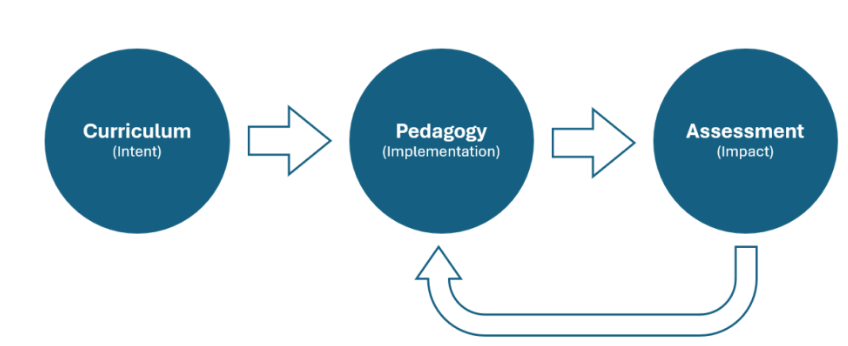
Find out more about how curriculum planning helps give the children a better experience, covering all early years foundation stage (EYFS) areas of learning.
A curriculum is what you want children to learn in the time they are with you.
It must be based on the statutory early years foundation stage (EYFS), which gives you a framework that you can build on, through the 7 areas of learning.
You can decide how best to deliver those areas by creating a curriculum for your setting, then providing activities, play, teaching and experiences that help all children learn, develop and thrive.
An effective curriculum is a holistic and ambitious plan that sets out what you intend children in your setting to learn and experience across all seven areas of learning. It will be tailored to the age group(s) you work with and should be ambitious for all children.
The approach you use to implement your curriculum – to teach and support children with what you want them to learn - is called pedagogy. The EYFS framework does not prescribe or mandate how settings should approach pedagogy it should be ambitious for all children. Practitioners should take into account what children already know and can do, building on their strengths and meeting their development needs.

The curriculum can usefully be considered as a progression model. Progression meaning: children know more, remember more and can therefore do more of what was intended in the curriculum across the learning and development requirements in the EYFS.
As a practitioner, you can help all children thrive and narrow any gaps in learning. Your role in effective curriculum planning is critical in giving all children the best experience and start to life.
You will need to:
An effective approach to curriculum and assessment will help you to identify where additional help is needed. As an early years practitioner you play an important role in considering and meeting children’s intellectual, physical and emotional needs. This will help to ensure that every child in your setting receives high quality, supportive care and education that helps them thrive. If you observe that any child is not progressing or learning what you wanted them to learn, you should adapt your approach to help them secure the learning. For example, you might offer different types of activity, teaching and support, and consider whether more child-led, adult-led or adult-guided support would make a difference.
Where you suspect that a child may have individual differences or special educational needs and disabilities, you should seek, obtain, gather and plan required help and support for the child. This is because you will be able to observe and note whether children are progressing through the curriculum as intended or whether they need some additional support. Observations and assessments will support practitioners to identify where further support is required.
As a setting, you should be aware of early identification rather than leaving any concerns you have until children start school. By securing help as early as possible and engaging all relevant professionals that can support the child, you can then help to prevent gaps in learning from occurring or widening.
Useful resources for curriculum planning: